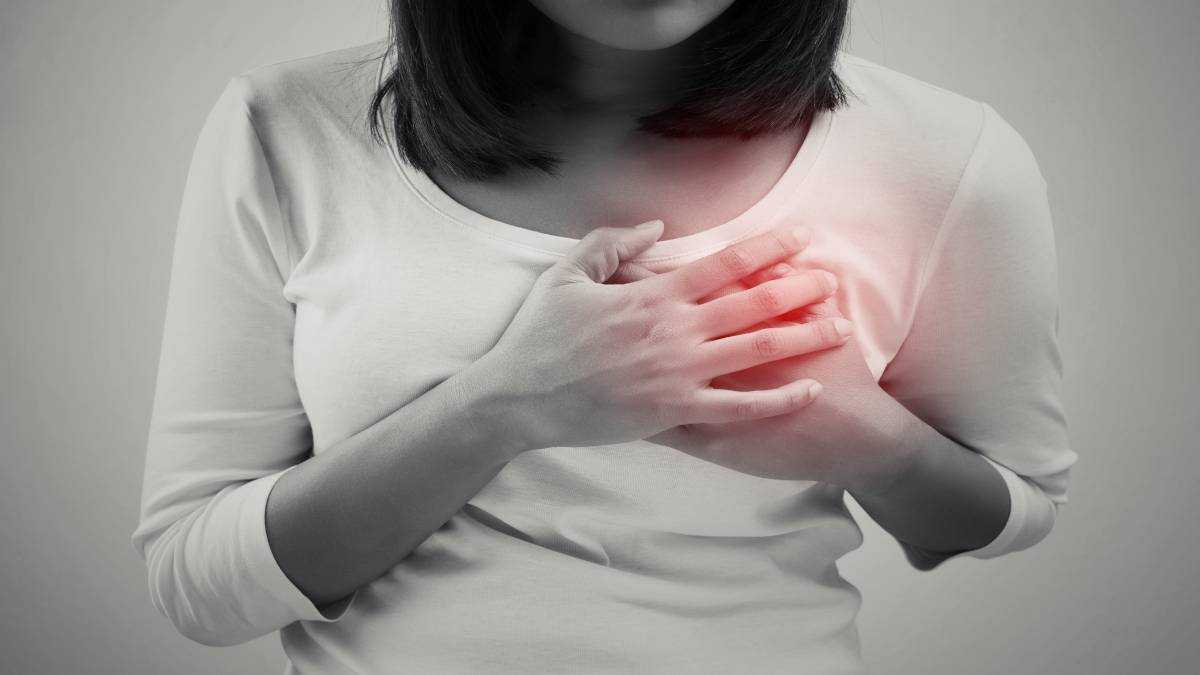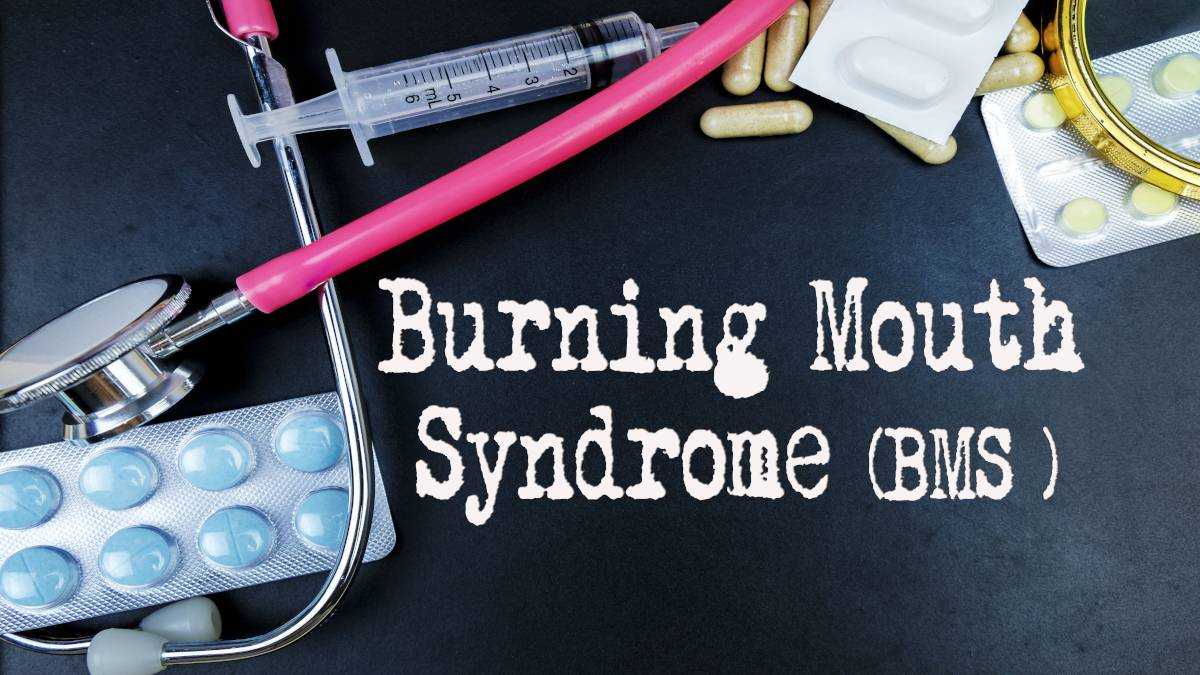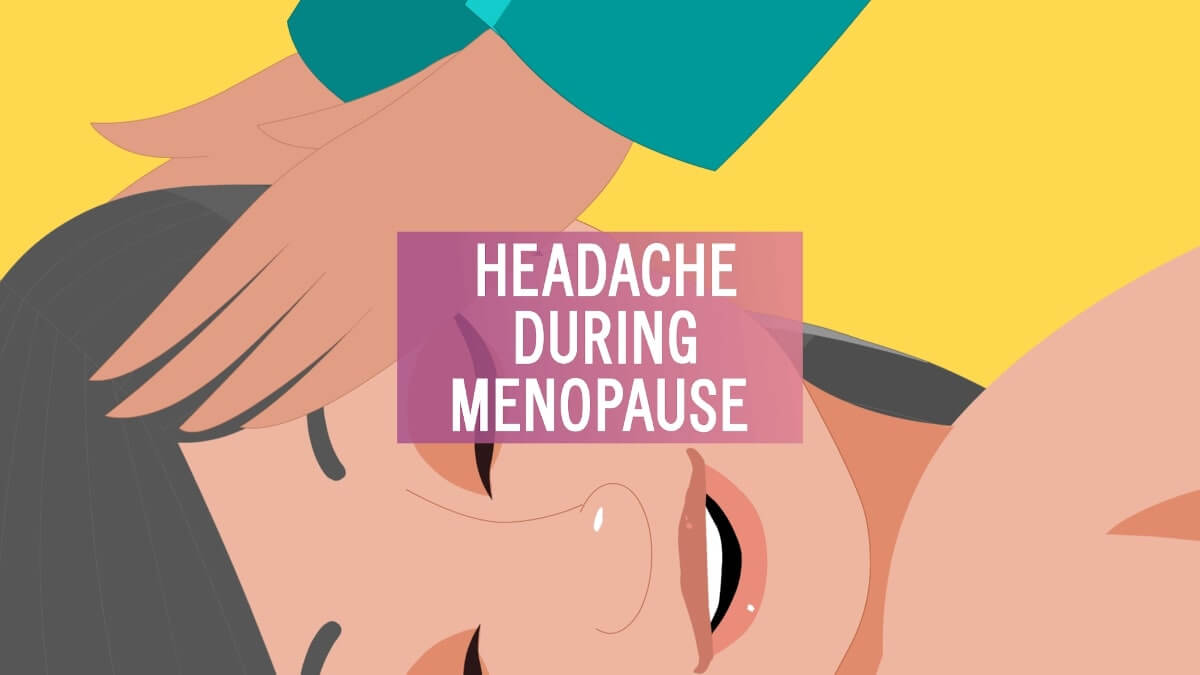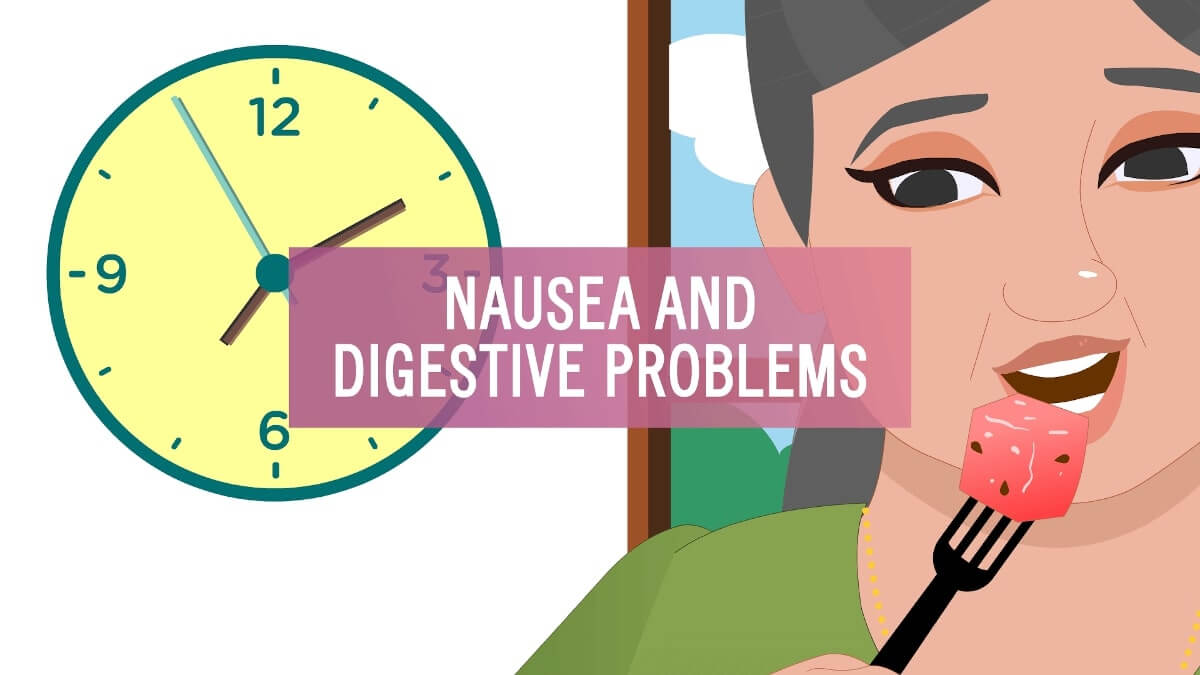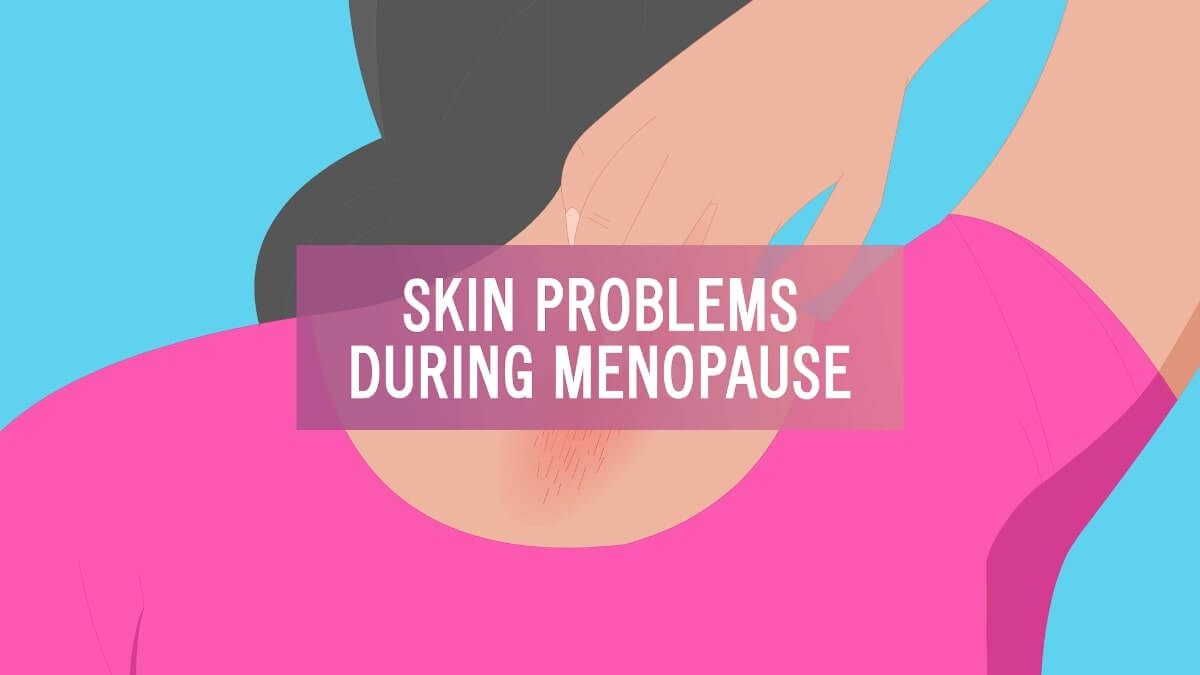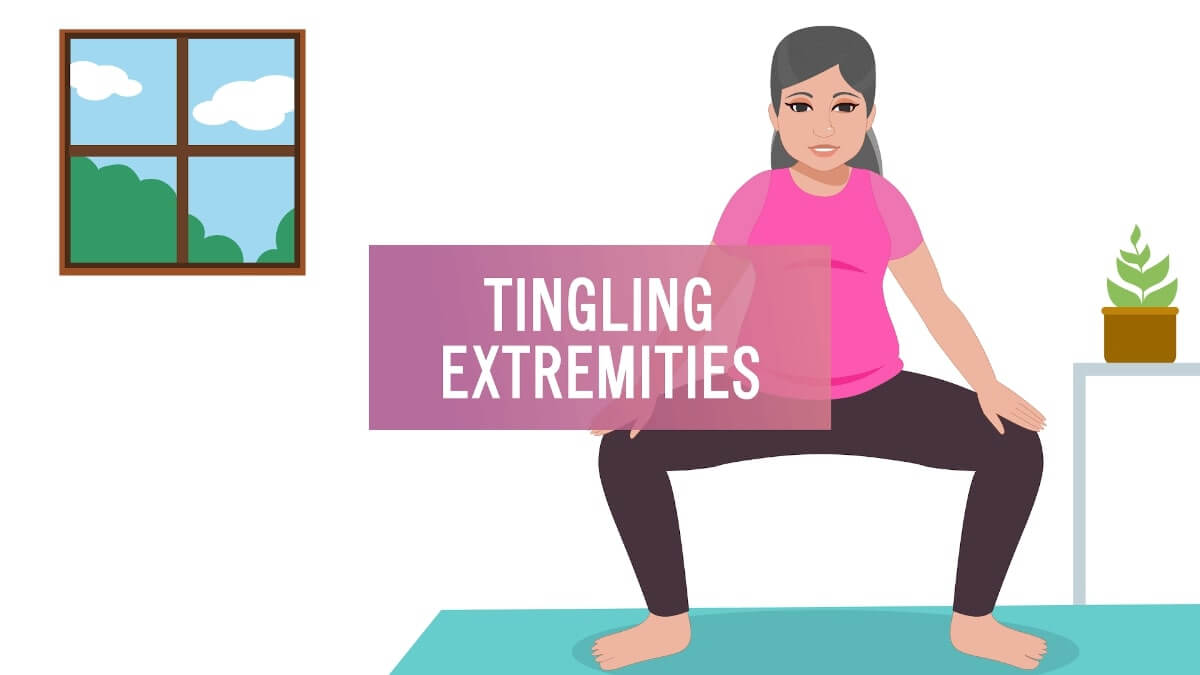A woman can easily identify that she is approaching menopause when she starts experiencing muscle tension.
Also, a normal part of growing old, the problems arising due to muscle tension can be alleviated by following certain treatments in addition to making a few dietary and lifestyle changes.
Menopause mostly happens between the ages of 45 and 55. During this phase, a woman’s reproductive stage of life comes to an end. Hence, there are drastic hormonal changes that occur as a result. These hormonal changes give rise to muscle tension during this period.
Muscle tension as a menopausal system is also linked with anxiety and stress. You may feel frequent pain in your muscles or feel that they are suddenly strained or tighter than usual. This frequent pain can sometimes become prolonged and persistent. You may notice a lot of cramps and small bouts of unbearable pain in your muscles. This pain may be prolonged. This may cause muscles to be sore and tender. These are all repercussions of the hormonal fluctuations taking place in the body.
What causes muscle tension in the body?
As a woman’s body is nearing menopause, there are a lot of changes taking place in the overall functioning of the body. The majority of these changes are due to the hormonal changes that the body is going through. The two main hormones responsible for these changes are estrogen and progesterone. Since the body is trying to get used to comparatively low levels of hormonal presence in the body, menopausal symptoms occur. Progesterone induces calmness and normality in the body. When the progesterone levels drop, the muscles begin to feel tensed and strained. Estrogen controls the cortisol levels. When the estrogen levels are too low, cortisol increases. Increased cortisol causes muscles to tighten and fatigue. It also causes blood pressure and sugars to rise. Additionally, rise in cortisol causes stress, anxiety, and pain sensitivity. Hormonal changes make you put on weight and put strain on the muscles.
Aches and pains are more common in the back, shoulder, and neck muscles.
There may also be certain other causes behind muscle tension, such as:
- Inactivity
- Bad posture
- Stress
- Anxiety
- Past injuries
How to tackle muscle tension during menopause?
Bringing about a few lifestyle changes can help in alleviating the pain and discomfort faced as a result.
- Exercise: Stretching is one essential aspect of exercising as it helps you to keep your body supple and flexible. It aids in improving the blood flow in the muscles and, thus, keeps them tension free.
- Maintaining a good posture prevents aches and pains
- Pain killers like NSAIDs may help to give pain relief
- Vitamin D: Vitamin D is an essential component that helps in keeping the muscles healthy. Though sunlight is the best way to catch your daily dose of Vitamin D. Doctors may recommend Vitamin D supplements after doing a blood test for Vitamin D levels.
- Adequate sleep: Sleeping for a minimum of 8 hours a day is mandatory to provide the body with enough rest and rejuvenation for the next day. A good night’s sleep keeps both the mind and body healthy.
- Get regular massages: This is probably the best way to get rid of muscle tension. It reduces toxin build-up.
- Heat pads: They can help in relieving the tension in the muscles.
- Isoflavones may be given as herbal therapy.
- Dietary changes may help. Magnesium-rich foods like nuts, seeds, and dry fruits are recommended. Iron supplements prevent muscle strain as they ensure adequate oxygen supply to the muscles. Calcium may be supplemented in the diet through foods like broccoli and milk. Also, foods rich in potassium like spinach and banana may help.
Muscle tension is a common symptom of menopause and can be effectively tackled without giving any major cause for concern.
Special thanks to Dr Preeti Deshpande M.S.(OBGY), FICOG, Endoscopy Training IRCAD (France) for the expert advice.


